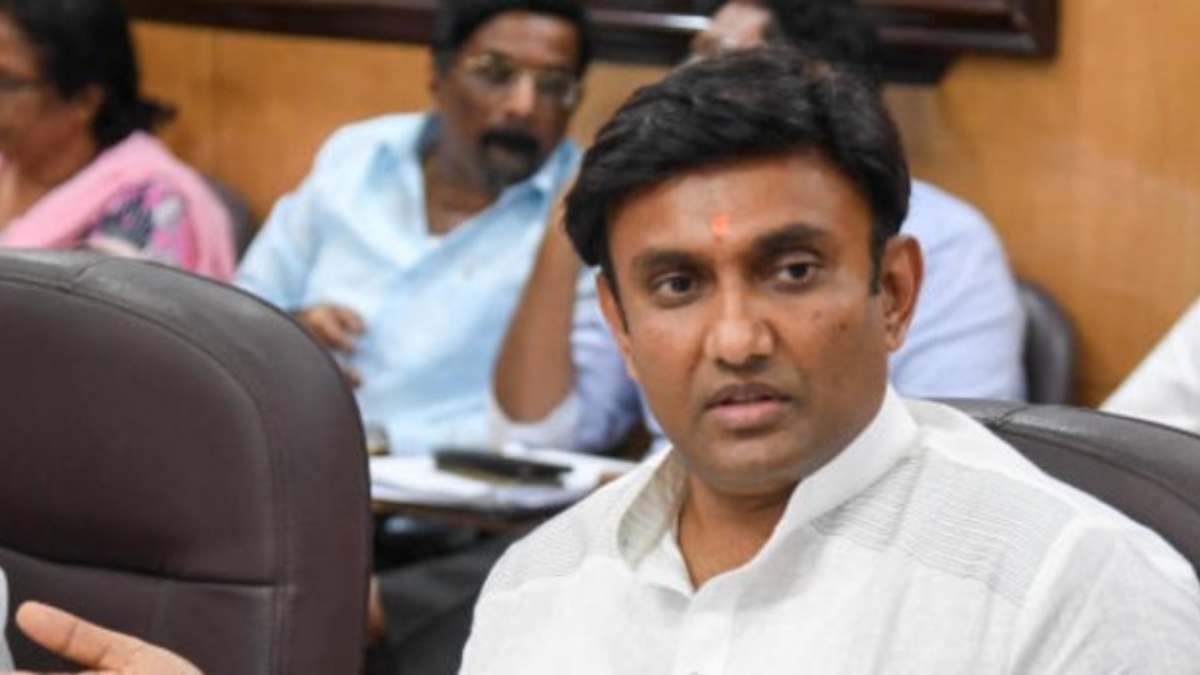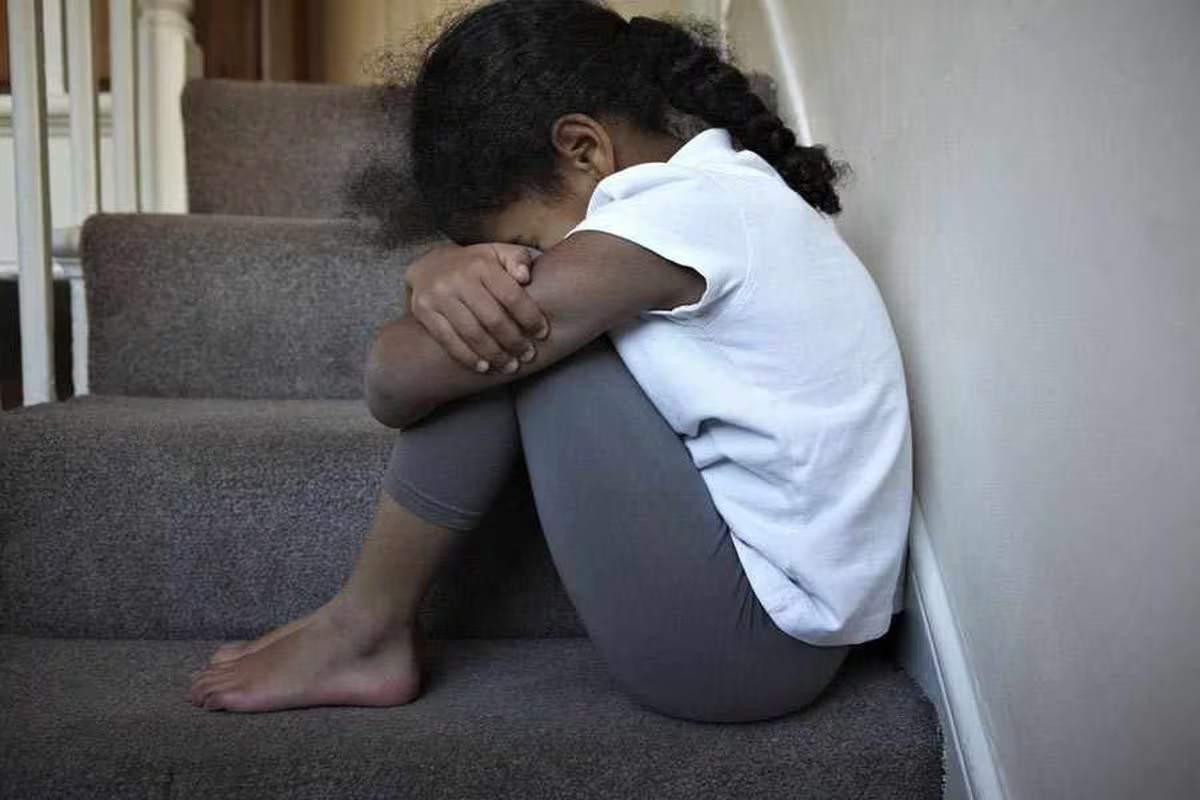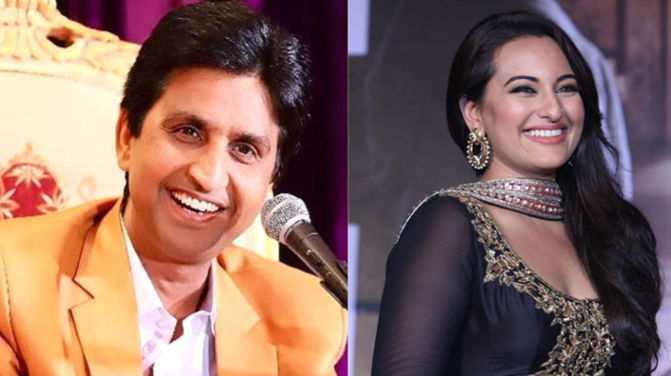In an interview with The Daily Guardian, Dr K. Sudhakar, Karnataka’s Health and Medical Education Minister, responded to a host of issues. Excerpts:
Q: Karnataka, which was once in top three with severe Covid cases, is today seeing some respite. Where did we go wrong? What were the lessons?
A: This is the deadliest pandemic in the past 100 years. The modern world has not seen such a pandemic. We have fought this pandemic at many levels. New health infrastructure has been developed in the last 1.5 years with Covid hospitals, ventilator beds, to prepare a network of testing labs.
In March 2020, the Department of Health and Family Welfare Karnataka had only 1970 oxygenated beds, 444 ICU beds and 610 beds with ventilators. Over the past one year, additionally 22,001 oxygenated beds, 1,248 HFNC beds, 701 ICU beds and 1,548 beds with ventilators have been created. These facilities which were earlier restricted to District headquarters have been extended upto Taluk and CHC levels. Similarly, in March 2020, the Department of Medical Education had only 4700 oxygenated beds, 341 Ventilators, 15 HFNO and 151 KL capacity of LMO. Over the past one year additionally 4705 oxygenated beds, 305 ventilators, 555 HFNC, 73 KL of LMO have been created.
We have recruited about 1,700 doctors, including specialists to augment human resources. This is historic both in terms of the number of doctors recruited and time taken as the entire process was completed in 6 months by the Health Department.
Q: The looming threat of a third wave leaves no room for complacency. What is your ministry doing to tackle the possible third wave?
A: In order to prevent and mitigate a possible third wave of pandemic, Chief Minister B.S. Yediyurappa has constituted an expert committee headed by Dr Devi Shetty. The committee which includes renowned pediatricians, epidemiologists and community health experts will advise and guide the government.
We have already had a couple rounds of detailed deliberations and the committee has submitted an interim report which will be followed by a final report with a detailed prevention and mitigation plan. Since several experts have opined that third wave is expected to affect children predominantly, we are focusing on training doctors in paediatric care and enhance paediatric care infrastructure.
Q: Mucormycosis is still a persistent treat.
A: Not everyone who recovered form Covid will have complications. Only those who were administered with high dosage of steroid and those who have underwent prolonged ICU treatment may face complications. But all these can be treated and cured. Free treatment is being provided in all government hospitals and medical colleges. The government is also considering to include it in Ayushman Bharat Arogya Karnataka scheme. Thanks to PM Modi and Union Minister D.V. Sadananda Gowda, we have received more than 65,000 vials of Amphotericin-B required for treatment of black fungus.
Q: Bengaluru witnessed a slight increase on Saturday. Are we relaxation norms a little too early?
A: The state Covid-19 Technical Advisory Committee has recommended certain criteria for easing restrictions based on positivity rate and other factors. It has advised that curbs can be lifted if TPR is below 5%. We are following a staggered and calibrated approach to ensure that we save both lives and livelihoods.
Q: Delta Plus variant is turning into a global threat, where does Karnataka stand?
A: There are two cases of Delta Plus variant, one in Bengaluru and the other in Mysuru. Both of them have had mild symptoms. The one in Mysuru has completely recovered. There has been no severity in both the cases. Primary contacts of these cases have tested negative. Therefore, there is no need to panic. Genome sequencing is being done every day to detect new strains.
Q: The advisory committee on third wave has suggested that schools should be reopened which has left people perplexed as to how this can be implemented as there is no vaccine for children yet?
A: The expert committee has recommended to open schools physically to optimise learning and keeping in mind the physical health, mental health and nutritional aspects of children. It has also raised concerns about kids being pushed into malnutrition, child labour, child marriage, child trafficking, begging etc. The government will deliberate upon these recommendations and take a decision at an appropriate time.
Q: Lastly, on the impending threat of third wave and children, what is research on hand saying and what is the approach?
A: Although several experts have said that the third wave might impact children predominantly, there is no such evidence from other countries which have already undergone third wave. Even AIIMS, Delhi, Director Dr Randeep Guleria had said that there is no data, either from India or internationally, to show that children will be seriously infected in any next wave of Covid-19. However, we don’t want to take any chance and hence we are ensuring preparedness to protect our children.







